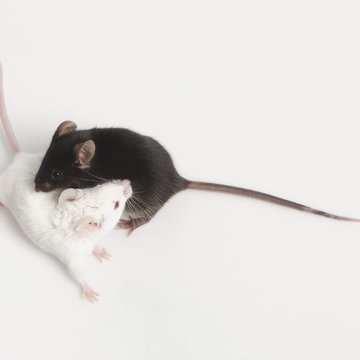
Press: Researchers want to identify all mouse genes. They help in the treatment of humans
Prague, 27 April (ČTK) - By 2025, researchers would like to describe all 22,500 mouse genes. Today, they know 7,000 of them. Mice share most genes with humans and thanks to their research, scientists have been able to identify a gene responsible for retina degeneration and the mechanism that causes the development of tooth enamel. The above was mentioned in an interview for the Czech News Agency with Radislav Sedláček, the Head of the Czech Centre for Phenogenomics (CCP), which is part of BIOCEV in Vestec. In their research, researchers have modified different genes in mice, including turning them off, and have observed results in young mice.
Mice and humans share 17,000 genes and therefore, researching mice helps us to better understand human diseases and develop therapeutic methods. “We assume that with a combined global effort, by 2025, the functions of all genes will have been described. We will mainly focus on genes that can be found in both mice and humans,” says Sedláček.
Once discovered, it takes approximately ten years to develop a new therapeutic method. “It is case by case, but once a discovery is made in mice, a series of tests and clinical trials typically follows,” add Sedláček. CCP also provides services to institutions that develop medications and want to know how effective different ingredients are. “Regardless, it still takes years before a medication or a process can be applied,” he adds.
Since opening in 2016, researchers in BIOCEV have made several discoveries important for the treatment of genetic diseases. They have clarified the mechanism causing severe skin damage, referred to as Netherton Syndrome, which affects one in 250,000 children each year. “This was achieved by decreasing the activity of a group of enzymes in the skin,” says Sedláček.
Research into mice has also helped improve organ transplantation and discover biological causes of diseases such as Alzheimer´s disease. They have also helped to develop treatment for blood cell cancer, breast cancer and other diseases. Since 1905, more than 30 Nobel Prizes have been awarded to scientists dealing with mice research.
The Czech Centre for Phenogenomics, as a national researcher centre, is part of the BIOCEV research centre that deals with biotechnology and biomedicine. Its purpose is to identify organisms at the molecular level with the aim of helping applied research and develop treatments. The Centre also participates in European and international consortia.
